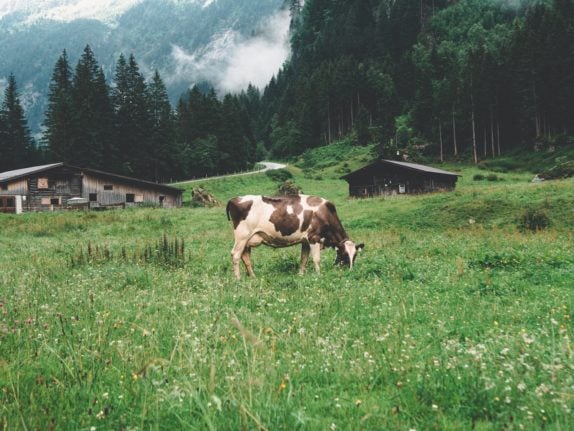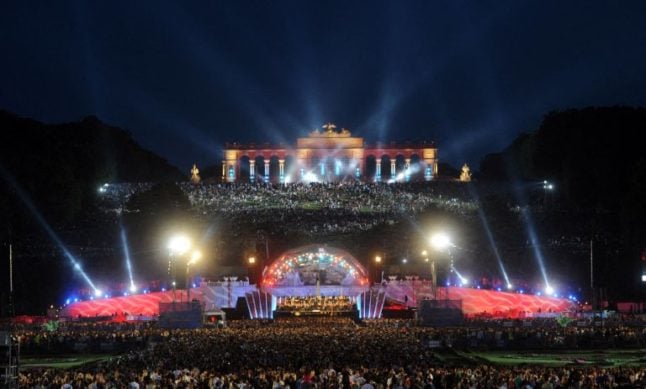New speeding laws in place
From March 1st, the amendment to the Road Traffic Act will be valid in Austria. The new laws will allow the government to confiscate and auction off cars when drivers exceed the speed limit by more than 80 km/h locally or 90 km/h outside of town, as reported.
If a vehicle driver already has a relevant criminal record, for example, through participation in illegal car racing, confiscation and forfeiture are possible if the speed exceeds more than 60 km/h in urban areas and 70 km/h outside of metropolitan areas.
If the car does not belong to the speeder, executive bodies can temporarily confiscate vehicles on the spot for a maximum of 14 days. In such cases, a lifelong driving ban for the driver will be recorded in the driving licence or driving licence register.
READ ALSO: Austria to seize cars from illegal road racers
New subsidies and one-off payments
From March 2024, new energy cost subsidies will be possible in many places in Austria.
In Vienna, a new rental subsidy guideline will support households receiving minimum income benefits. Some homes could benefit from up to a 120 percent increase in the rental subsidy – more details can be given by the Viennese authorities on a case by case basis.
Those who fulfil the criteria can apply for a €100 subsidy from the city of Wels online until the end of April. And in Graz, SozialCard holders will receive a €110 subsidy on March 19th.
In Tyrol, a new housing subsidy will also be paid out to low-income households this month. All details and information can be found HERE from March 1st.
Vaccination campaigns in Vienna
Vienna has a campaign for HPV vaccination for free (for women aged between 9 and 21 years old) and without registration from March 4th to March 8th.
It’s also possible to get immunisation against mumps, measles and rubella and against Covid-19 at the same time. You only need to bring a photo ID and, if available, your vaccination card and your e-card.
You can check the campaign spots HERE.
READ ALSO: Measles in Austria: Health Ministry calls for urgent vaccinations
Austria’s Eurovision entry to be released
Austria’s Eurovision 2024 entry song, Kaleen’s “We Will Rave”, will be released on March 1st, local media has reported. Austria will perform in the first semifinal on May 9th, in the first half of the show, which will take place in Malmö this year.
Holidays and events
There are no official national holidays in March. However, Carinthia, Styria, Tirol and Vorarlberg celebrate St. Josef’s Day on March 3rd. As a result, schools and stores may be closed.
Several events are taking place, including Easter markets throughout Austria – Easter Sunday falls on March 31st, and Austria does not have a holiday for Holy Friday, but for Easter Monday (this year, in April) instead.
READ ALSO: 8 unmissable events taking place in Austria in March
Spring is coming, and the clocks will change
Winter is ending, and spring officially starts on March 19th with the spring equinox.
The downside to the end of winter is that you’ll lose an hour’s sleep: the 2024 time changeover to Daylight Savings is scheduled for 2 am on March 31st.
The clock will be moved forward by one hour from 2 to 3 am, which means the night will be shorter. The changeover means it will be darker in the morning, but light will last longer in the evening.
READ ALSO: What are the best things to do in spring in Austria?



 Please whitelist us to continue reading.
Please whitelist us to continue reading.
Member comments